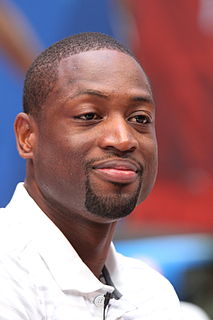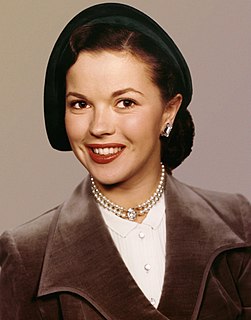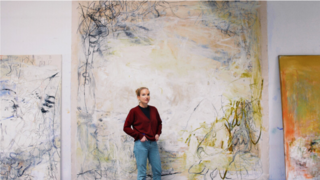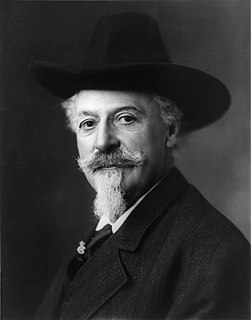A Quote by Jane Smiley
Giving his lecture for the third time freed Dr. Lionel Gift from paying much attention to it. He had a naturally expressive style of delivery, hones over the years in elementary-econ lecture halls. He knew, without even thinking, to address the middle rows of the hall, but to occasionally "shoot" the listeners in the back corners. He knew how to make eye contact and solicit the attention of those who were thinking of other things.
Quote Topics
Address
Attention
Back
Contact
Corners
Delivery
Dr
Elementary
Even
Expressive
Eye
Eye Contact
Freed
Gift
Giving
Had
Hall
Halls
His
How
Knew
Lecture
Listeners
Make
Middle
Much
Much Attention
Naturally
Occasionally
Other
Over
Paying
Rows
Shoot
Style
Things
Thinking
Third
Third Time
Those
Time
Were
Without
Years
Related Quotes
Thinking isn't something you think about. It comes naturally. Thinking involves many things. It involves being an observer. It involves analyzing things, taking in what's around you in the world and finding how to make it inspire your work or turn it into a lesson to teach your children; it's paying attention to details. That's what thinking is: processing.
Dogs seek attention from you. But by paying them that attention when they want it, you're reinforcing the bad or hyperactive or anxious behavior that you're trying to avoid. Practice - no touch, no talk, no eye contact - and see how you fare. You might be surprised at how quickly the dog settles down and looks to you as his pack leader for direction.
Just too much fast thinking all the time. I think of so many things all at once, it gets exhausting. You start seeing all of these connections around you . . . Everything is connected, composed, coordinated, choreographed. If you start paying attention to these connections, it can drive you insane. And that's why making work is so good, because that's when I'm not thinking, just making.
Well, Bill [Bill Hickok] was a pretty good shot. But he could not shoot as quick as half a dozen men we all knew in those days, nor as straight either. But Bill was cool, and the men who he went up against were rattled, I guess. Bill beat them to it. He made up his mind to kill the other man before the other man had finished thinking.
But Jude,' she would say, 'you knew me. All those days and years, Jude, you knew me. My ways and my hands and how my stomach folded and how we tried to get Mickey to nurse and how about that time when the landlord said...but you said...and I cried, Jude. You knew me and had listened to the things I said in the night, and heard me in the bathroom and laughed at my raggedy girdle and I laughed too because I knew you too, Jude. So how could you leave me when you knew me?







































